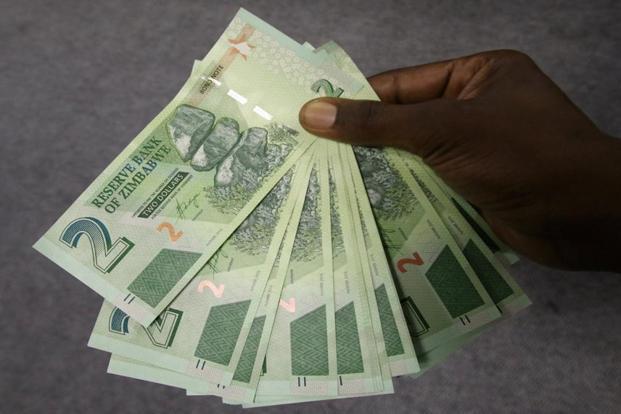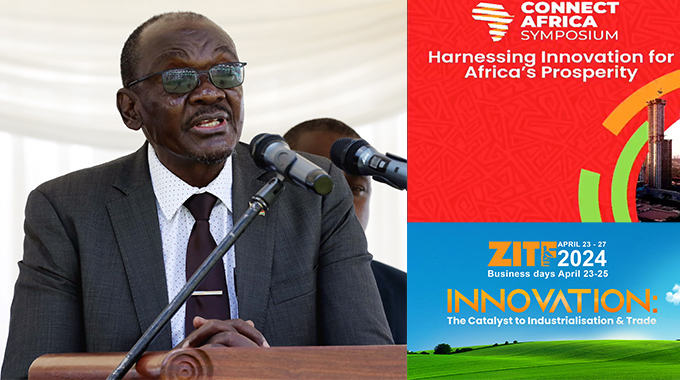Zim should avoid another debasing of currency

Prosper Ndlovu, Business Editor
THE foreign currency supply gap is getting wider in Zimbabwe thereby threatening business confidence in the economy. The general trend is that there is less and less foreign exchange by the way of free funds. The country’s exports are also not competitive enough with the productive sector blaming it on numerous cost drivers.
There are fears that the recent move by the Government to relax import regulations to allow organisations with free funds to import goods is going to drive the parallel market premium up because monetary assets are losing value, experts say.
Zimbabwe dumped the local currency at the height of inflation in 2009 and adopted a multiple currency system.
But now the shortage of forex is so critical with companies now sourcing it from Osiphatheleni in order to buy raw materials. The effect of this is reflected on pricing. At this point in the cycle of the economy mining companies might soon be going on shut down, which is going to affect inflows of foreign exchange.
Gold is mainly affected during the rainy season and there will be less money from gold exports. Chrome is mainly open cast and would also be experiencing disruption. So the economy is likely to be short of forex and this gap should be easily dealt with if remittance inflows were good.
But remittances are affected by lack of confidence because of the reality of high prices, which have resulted in money losing value. This means people with access to remittances would want to hold back because the premium is going up and one would ask why they should convert their monetary assets into stock.
A look into the cost driver analysis studies points to some of these gaps. As long as this is the case, industrialists say the scourge of price hikes would likely continue. This will likely lead to further loss of confidence and less money by way of free funds coming into the economy. If free funds are going to find relevance in Zimbabwe it cannot be by converting them into stock through relaxed import regulations.
If we want to derive value of free funds in Zimbabwe, we should be saying something that costs a dollar elsewhere in the region, say Botswana, South Africa or Mozambique, should be sold at that price here. This is what the Government needs to seriously focus on – restoring the value of foreign currency. The only way to restore value of money is to increase competition. This can only be done if we allow households to purchase to the level of family requirements as they did in 2009, economist Mr Dumisani Sibanda said.
This is to say when you get goods for family consumption there is no hindrance. If you do that you take pressure from the formal market. “It is OK that the retail sector works at a depressed level as long as they are making money. They cannot make money by increasing prices but money can be made if you sell at the same price with restored value of money. So we need to restore the value of money and make it more predictable but what they (Government) are doing is not achieving that. This economy cannot afford another debasing of the currency through loss of value because we are already seeing it on the stock market, which is overvalued,” he said.
Experts have also urged regulators and the Reserve Bank of Zimbabwe to regulate investment of pension funds to ensure they do not lose value. Given the prevailing currency problem, financial experts have warned that those who are holding monetary assets, which are overvalued, would be required to set a net of real value at proper market levels.
In this regard the greatest concern of Government should not be availability of stock but how to retain the value of monetary assets as a prime concern.
This can be done through proper policy intervention. While financial reports for listed companies continue to reflect that we are a dollarised economy that is not reflected in reality where our pricing of goods is rather obscene. It would be best that we define where we are as an economy and take corrective steps.
There should be integrity to admit that Zimbabwe’s economy is gradually de-dollarising as the country is running out of forex. What Government needs is a policy that is going to influence market behaviour towards restoring the value of monetary assets in the economy, said Mr Sibanda.
Consumers should be allowed to buy their wares outside the country and create sufficient competition for forex. This will force businesses to bring prices to acceptable levels, which would enhance competitiveness.












Comments